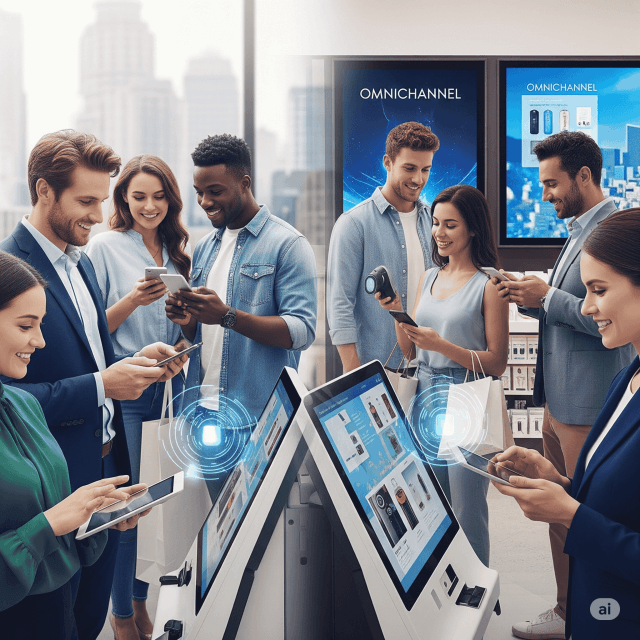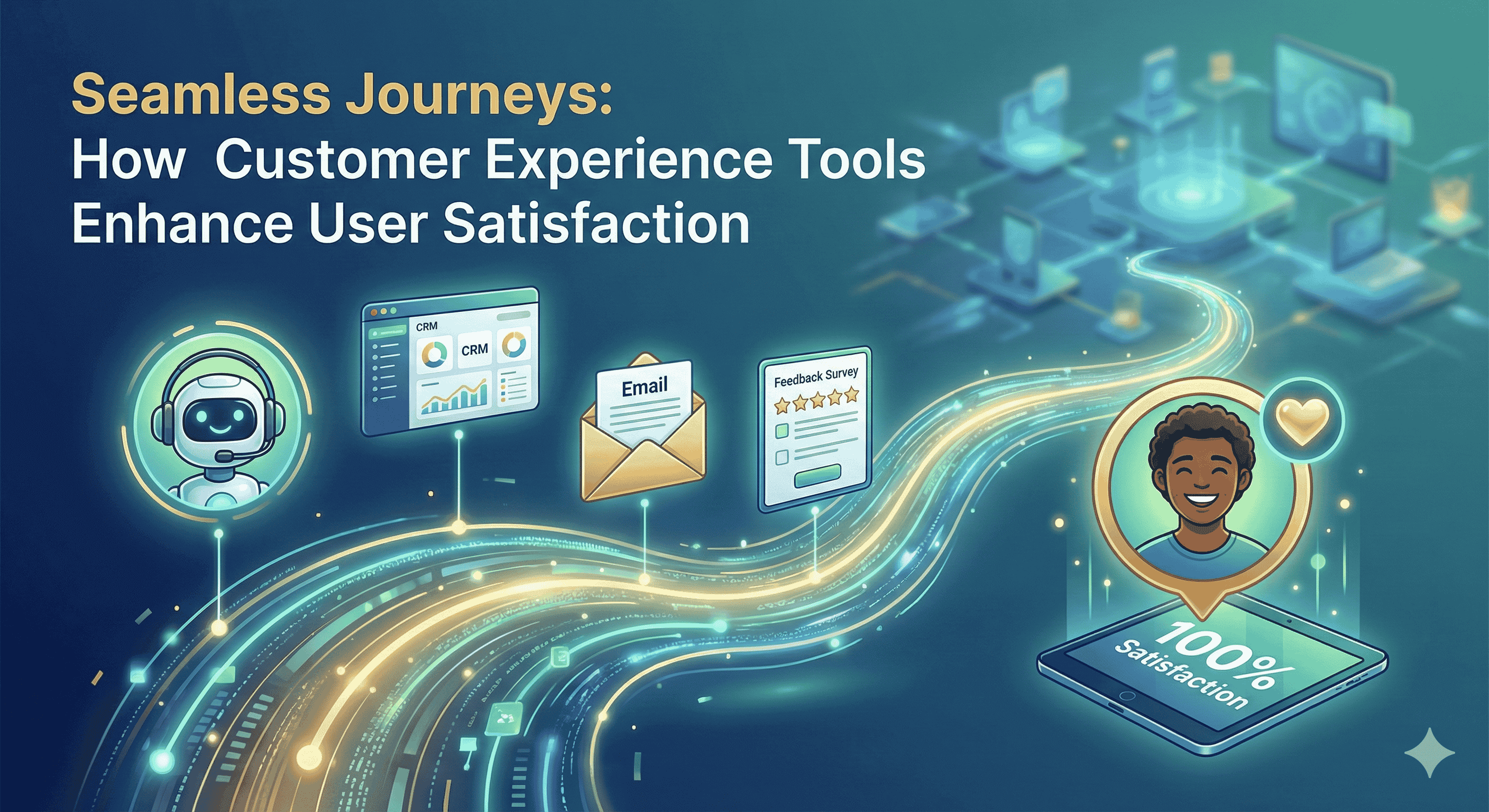In the rapidly evolving landscape of retail, omnichannel marketing stands at the forefront of transformation. It’s more than a buzzword; it’s a comprehensive approach that harmonizes customer experiences across multiple channels, creating seamless interactions that drive satisfaction and loyalty. As consumer behaviors shift and technology advances, it’s imperative to explore how omnichannel marketing is redefining the future of shopping.
Understanding Omnichannel Marketing
Omnichannel marketing refers to the integration of various shopping channels—physical stores, e-commerce sites, social media, mobile apps, and more—into a cohesive strategy. This approach recognizes that today’s consumers are not confined to a single mode of shopping. Instead, they fluidly move between platforms, often engaging with a brand in multiple ways before making a purchase.
The Rise of Omnichannel Strategy
Several factors fuel the growth of omnichannel marketing:
Consumer Expectations: Modern consumers expect personalized, efficient, and consistent experiences, regardless of where or how they shop. An omnichannel strategy meets these demands by providing various touchpoints that cater to different preferences.
Technological Advances: With the proliferation of mobile devices and high-speed internet, shoppers are more informed and connected than ever before. They can browse and compare products online, read reviews, and engage on social media—all influencing their shopping journey.
- Data-Driven Insights: Retailers now have access to vast amounts of consumer data. Analyzing this data allows brands to understand shopping behaviors and preferences, enabling them to tailor marketing efforts effectively across channels.
The Benefits of Omnichannel Marketing
Enhanced Customer Experience: A seamless shopping experience enhances customer satisfaction. For example, a consumer can browse products online, check their availability in a nearby store, and then pick them up or have them delivered—all while enjoying a consistent brand experience.
Increased Sales Opportunities: Omnichannel strategies can lead to higher conversion rates. When customers interact with a brand across various platforms, they are more likely to make a purchase. Research indicates that omnichannel shoppers typically spend more than those who shop through a single channel.
Improved Brand Loyalty: By providing a consistent and engaging experience, brands can foster greater loyalty. Customers tend to return to brands that understand their preferences, making them more likely to make repeat purchases.
- Comprehensive Insights: An omnichannel approach allows retailers to gather and analyze data from multiple sources, providing insights into customer behaviors and preferences. This information can be used to refine marketing strategies and product offerings.
Successful Implementation of Omnichannel Marketing
To effectively harness the power of omnichannel marketing, retailers must adopt certain strategies:
Integrate Channels: Ensure all channels are interconnected. For instance, utilize shared customer data to create personalized promotions across email, social media, and in-store experiences.
Leverage Technology: Utilize CRM systems, AI, and analytics tools to gather insights and offer personalized experiences. Technologies like chatbots can enhance customer service across digital platforms.
Streamline Operations: Ensure that inventory management, logistics, and customer support are aligned across all channels. A unified approach minimizes friction in the purchase process.
Focus on Mobile Optimization: With a growing number of consumers using mobile devices to shop, optimizing mobile platforms is crucial. Ensure that your website and apps provide a user-friendly experience.
- Engage on Social Media: Social platforms are vital in driving retail sales. Brands should engage with consumers directly on these channels, utilizing advertising and influencer partnerships to enhance visibility.
The Future of Retail
As the retail landscape continues to evolve, omnichannel marketing will play a pivotal role in shaping consumer experiences. Innovations such as augmented reality (AR) for virtual try-ons and artificial intelligence for personalized recommendations will further enhance omnichannel strategies.
Retailers that prioritize an integrated approach to marketing will be well-positioned to thrive in the competitive marketplace of the future. The emphasis will not just be on selling products but on creating holistic experiences that resonate with consumers.
In conclusion, the future of shopping is not just about convenience; it’s about connection. By embracing omnichannel marketing, retailers can transform the shopping experience into something truly exceptional—where every interaction is meaningful, personalized, and seamless. As technology continues to evolve, retailers that adapt and innovate will lead the way in this new shopping era.









